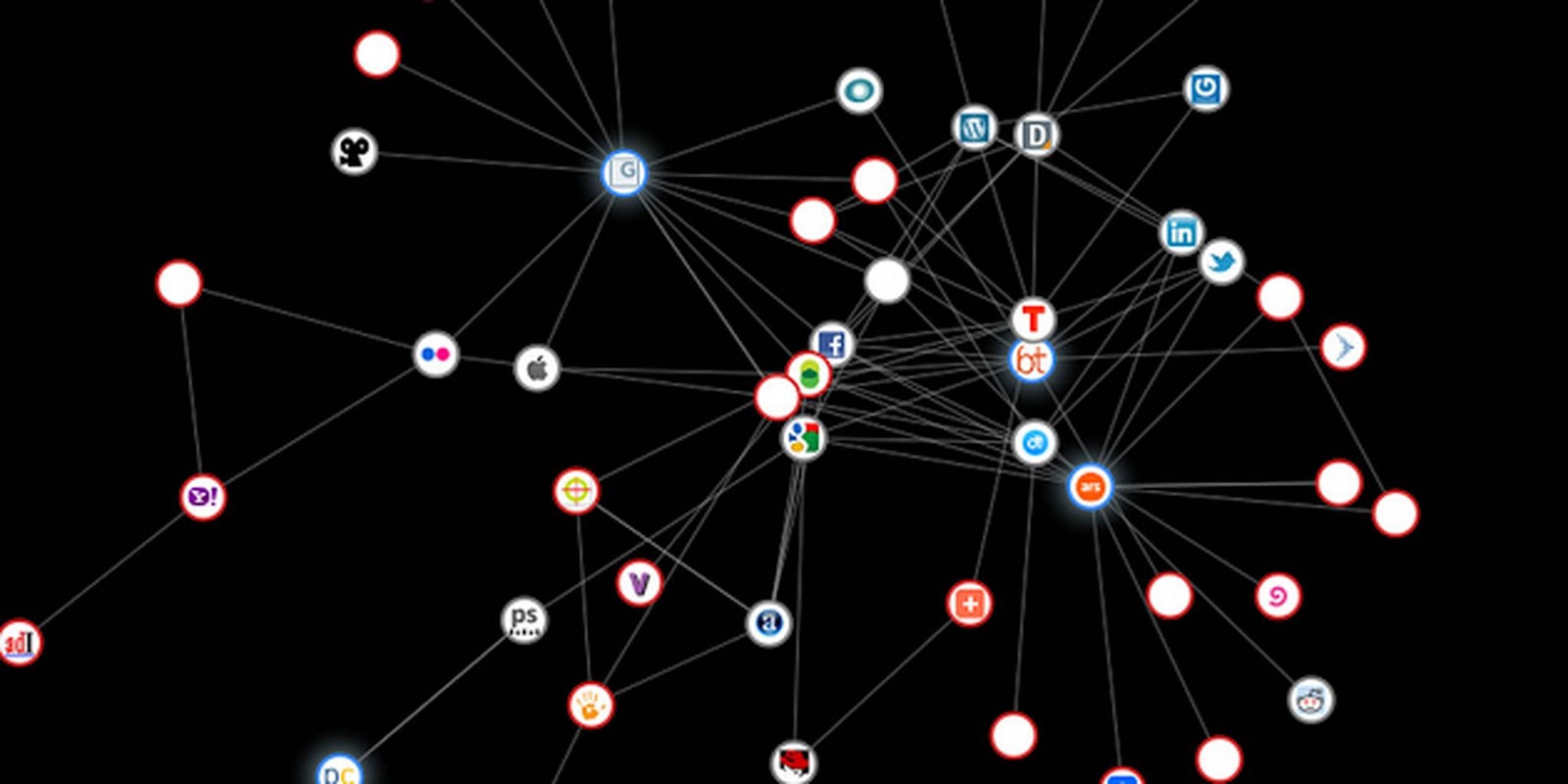BY MEGHAN NEAL
Data brokers, the companies that track our every move and then sell private details about our personalities to businesses, have become a $156 billion industry—that’s more than half of the entire Internet ecosystem—and it’s almost completely invisible. No one really knows how the data miners are collecting the mass of information they have on consumers, how much they know, or who’s buying it. That’s a lot of money and intel swirling around “behind a veil of secrecy,” as a new government report put it.
The Senate commerce committee published today the result of a year-long investigation into the data commerce business. It found that brokers are amassing a huge amount of detailed private data on consumers, and worse, they’re doing it unbeknownst to their targets. This, the government has some beef with.
By now most of us are aware that marketers know a lot about us—our name, email, home address, age and all that, plus our illnesses, hobbies, pets, Facebook friends, favorite YouTube video, how often we shop, how much we spend, and what kind of credit card we use. The report reveals that data brokers also take this knowledge and use it lump us into buckets outlining our financial situation: “Rural and Barely Making It” or “Consumers With Transitory Lifestyles.” They also gives us ratings—”Established Elite,” “American Royalty,” or “Just Sailing Along”—and note if a consumer is especially gullible or open to a get-rich-quick scheme.
Via the report
It’s enough to make you curious what your own underground marketing profile looks like, but of course there’s no way to know. That’s precisely what’s worrying some people in Washington. Today’s Senate report is just the latest probe into the clandestine world of data brokers. The Federal Trade Commission also has a study coming out, and the Government Accountability Office recently released a report calling for legislators to keep the data marketplace in check. There are also a few different consumer privacy initiatives brewing in Washington. For one, FTC head Julie Brill has proposed a “Reclaim Your Name” portal where consumers can see a complete picture of all the personal information on them the hundreds of broker companies have—a plan she admits would be logistically hard to pull off.
For its part, the de facto data broker trade group Direct Marketing Association argues that the government should leave it alone and enjoy the multiple billions of dollars it’s contributing to the U.S. economy. Still, the mounting pleas for more transparency aren’t totally falling on deaf ears.
One of the biggest data broker companies, Acxiom, launched a website earlier this year that lets Web users look up what it has on them. Motherboard’s Derek Mead tested it out and found that the company actually knew surprisingly little about him, and got some of it wrong. It makes you wonder if Acxiom is revealing the whole picture or just the tip of the data iceberg. I suspect the latter is true, especially considering the company refused to tell the Feds where it gets their dirt on people or who it’s selling it to.
Read the full story on Motherboard.
Map of who’s tracking you online via Mozilla Lightbeam/Flickr


